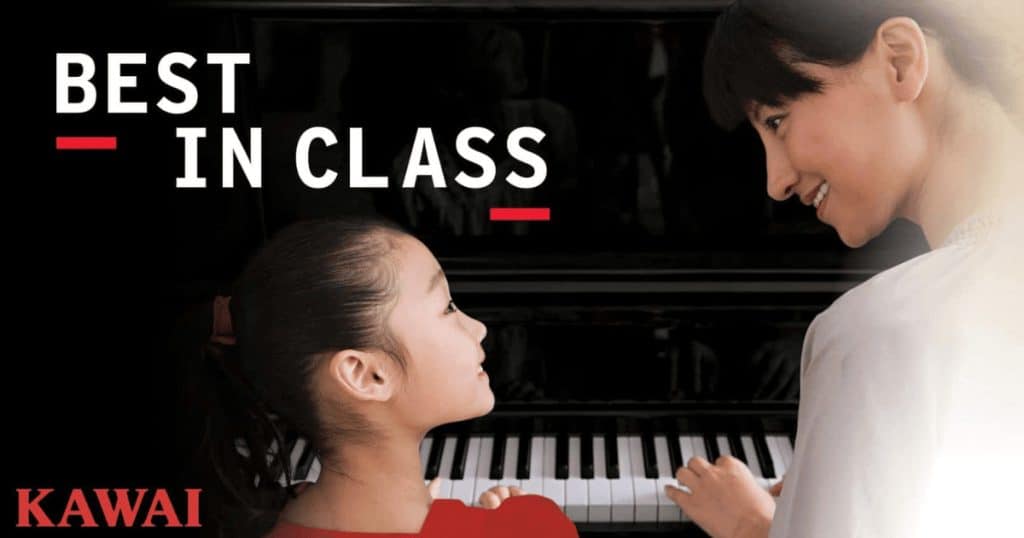
Learning to play the piano offers your child more than just a fun hobby. It has many benefits for children that extend far beyond the realm of music. Here’s a closer look at how practising piano can positively impact your child.
Enhances Cognitive Skills
Learning to play an instrument engages various cognitive processes. Piano is one of the best instruments for mental exercise as it combines multitasking, memory and visual processing into one task. Learning piano teaches you to read musical notation, interpret symbols, and coordinate with two-hand playing. Learning and memorising pieces of music also strengthens neural pathways, contributing to long-term cognitive benefits.
Complements Other Learning
Piano playing can not only enhance your child’s cognitive skills but can also complement other learning areas as well. This can be especially helpful when learning at school. Since piano is known to improve attention span and problem-solving skills, students will often see improvements in their school work as well. Learning an instrument also uses the same part of the brain as mathematics. This means many students also see noticeable improvements in their ability to solve maths problems.
Avenue for Creativity & Self-Expression
Playing the piano provides a creative outlet for children to express themselves and explore their artistic abilities. Music allows you to convey emotions, tell stories, and express your unique identity. Whether composing their own pieces or interpreting existing ones, piano playing allows children to tap into their imagination and develop their ideas. The freedom to experiment with different musical elements encourages children to think outside the box and approach challenges with creativity and innovation.
Provides an Introduction to Music
The piano is one of the best instruments to learn first. The keys provide a visual layout of music theory with the notes going from low to high. If your child gets familiar with the notes on a piano then it’s much easier to learn other instruments. Learning piano also teaches you about the basic elements of music including chords, scales, melodies and more.
Fosters Social Connections
Music has a unique ability to bring people together, whether through collaborative performances, group lessons, or participation in ensembles and bands. Children can connect with peers who share similar interests by learning to play the piano, fostering friendships and a sense of belonging. Performances provide a platform for children to showcase their talents, boosting confidence and social skills.

